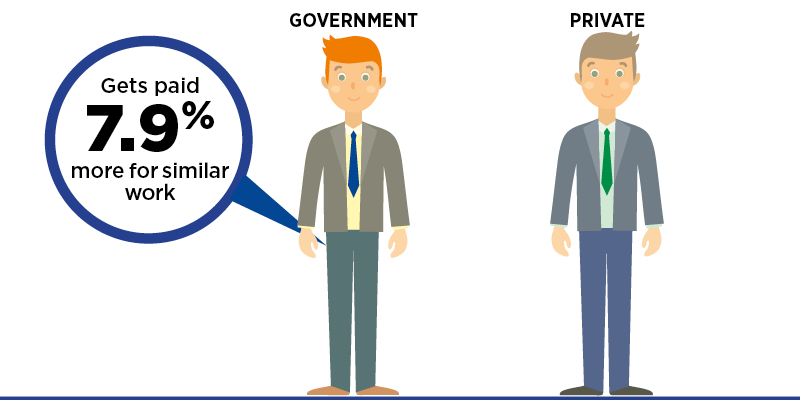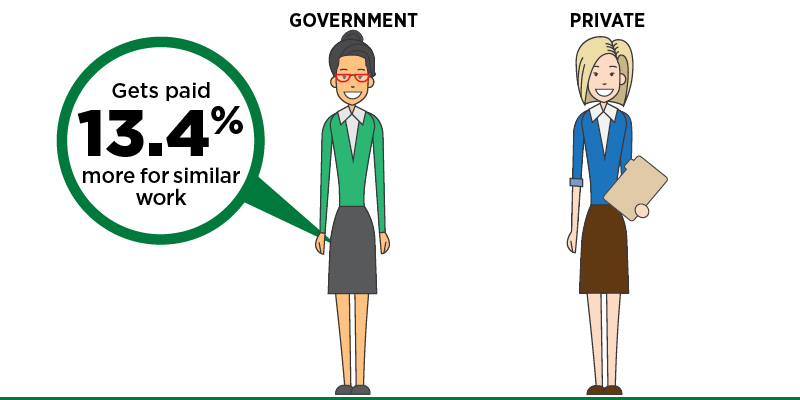With a projected $4.3 billion deficit this year and relentlessly mounting debt, the Wynne government needs to better control spending to repair the damage to Ontario’s finances.
private sector
February 7, 2017
4:48PM
January 13, 2017
9:24AM
Government-sector workers in B.C. retire 2.5 years earlier, on average, than private-sector workers.
January 12, 2017
1:00AM
April 26, 2016
1:18PM
Long wait times costs Canadians time and money.
February 2, 2016
9:20AM
Australia generally has more medical resources, lower wait times and comparable health outcomes.
June 4, 2015
11:00AM
Against a backdrop of persistent deficits and growing debt, the federal and many provincial governments are engaged in collective bargaining negotiations with their public-sector unions.





